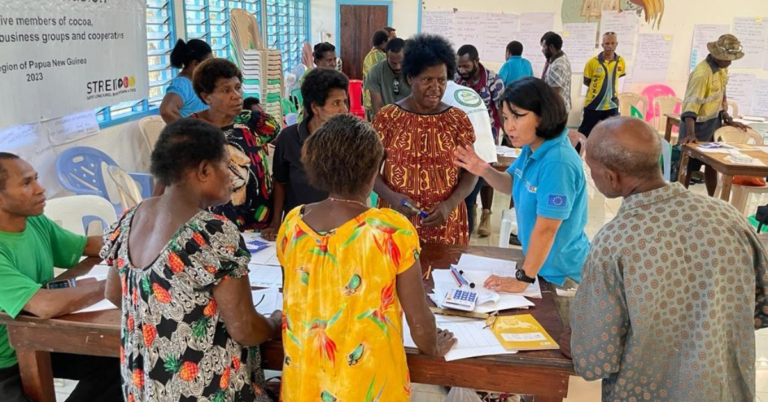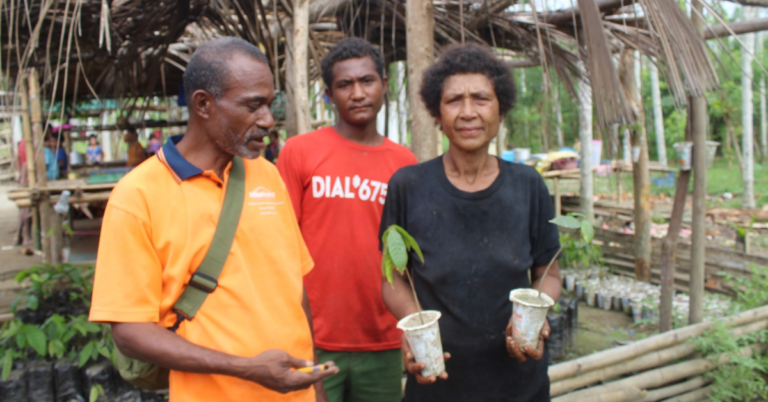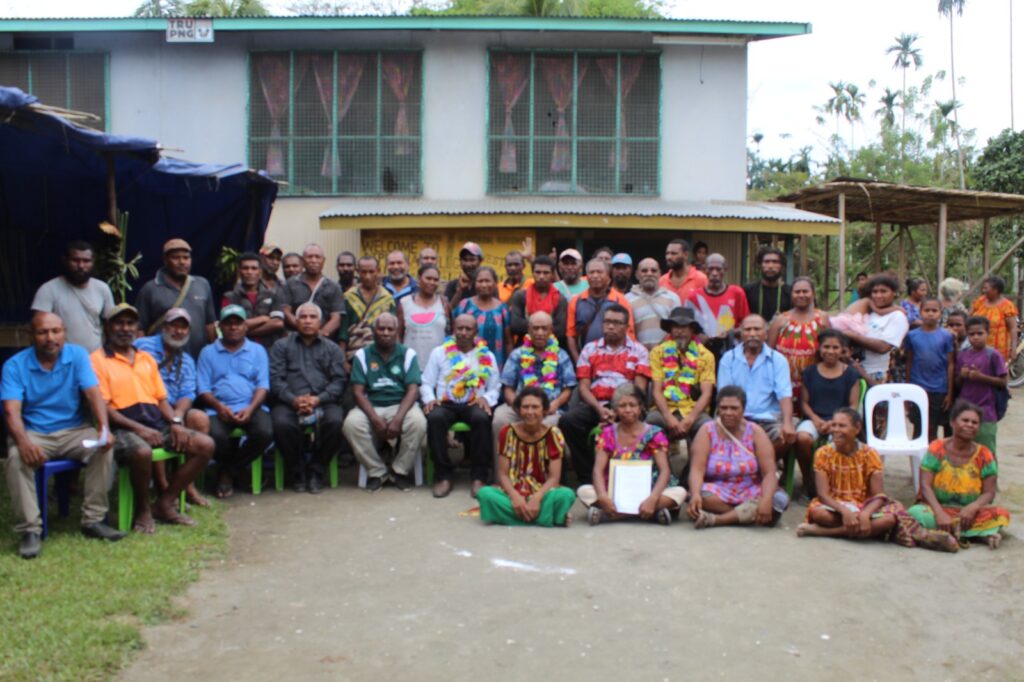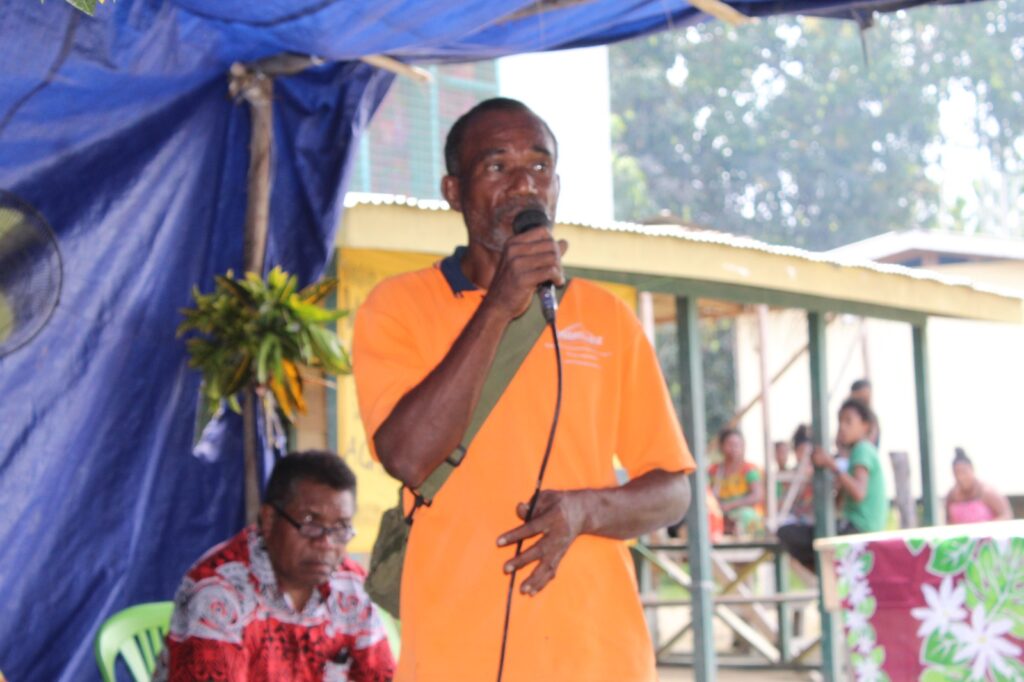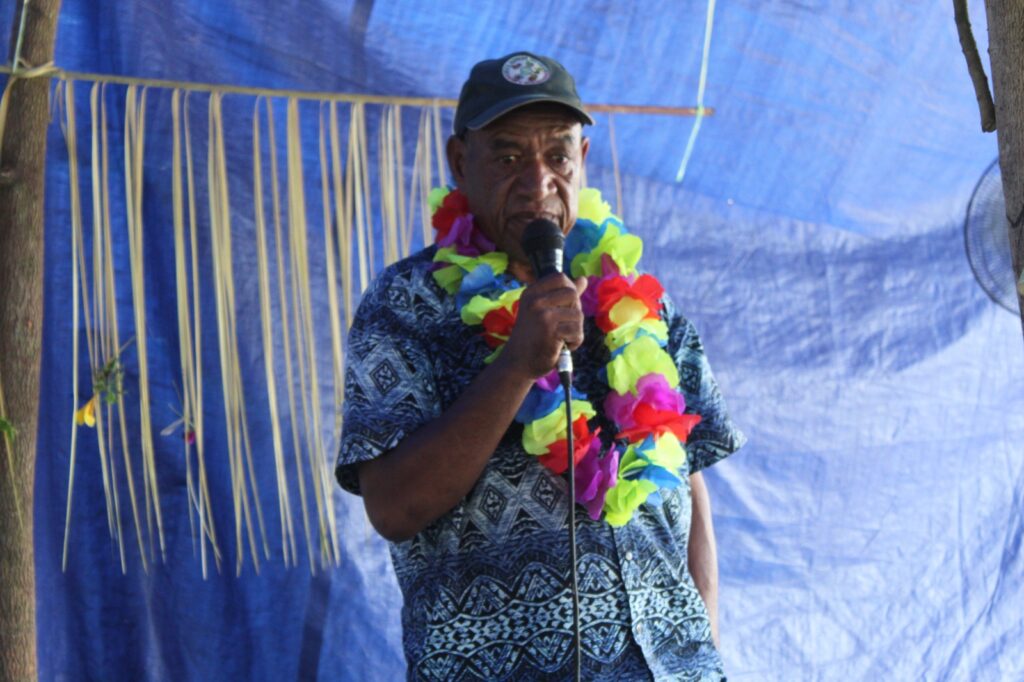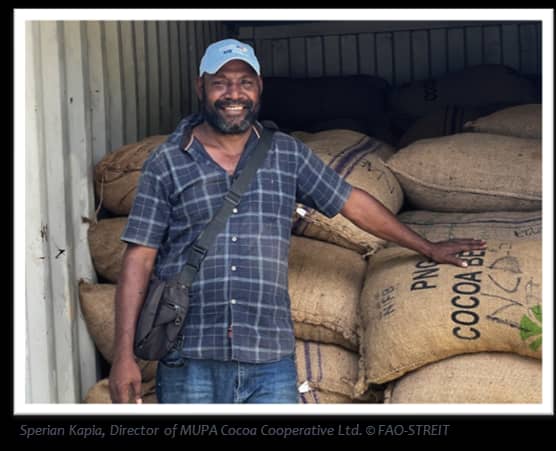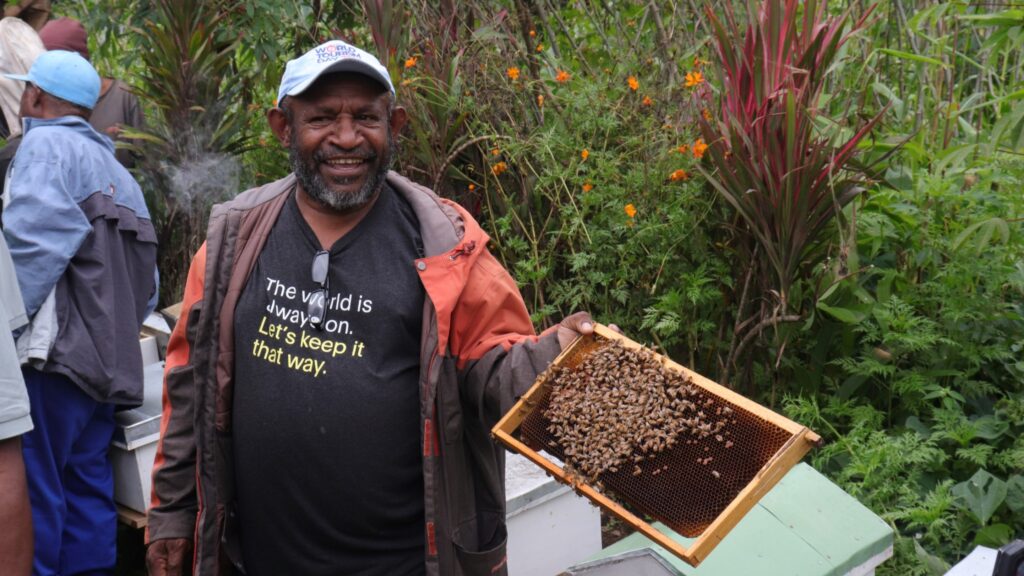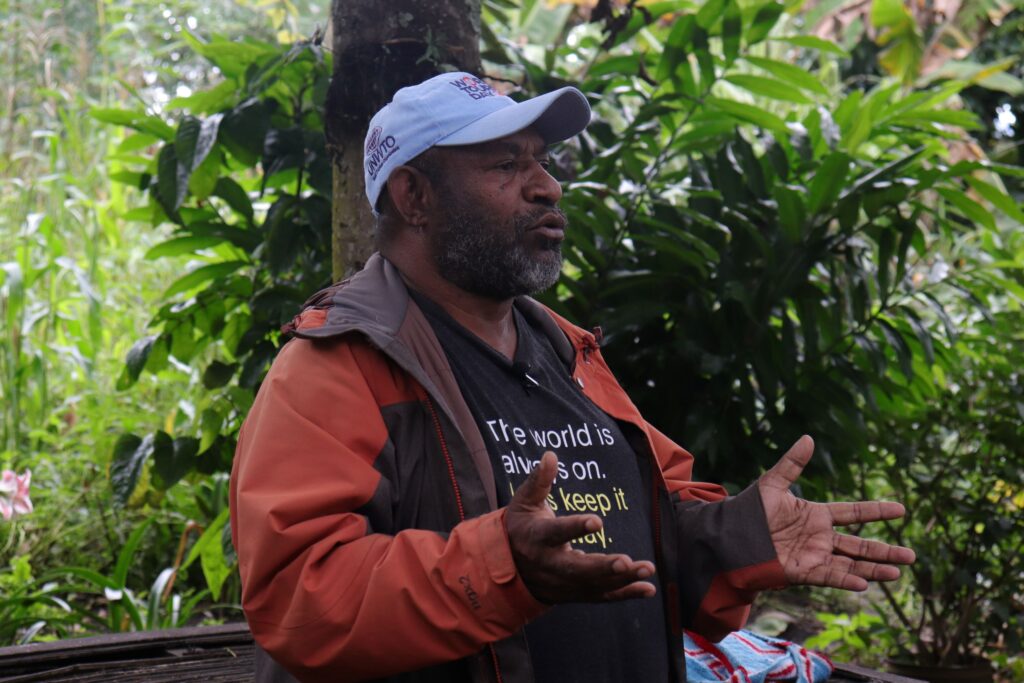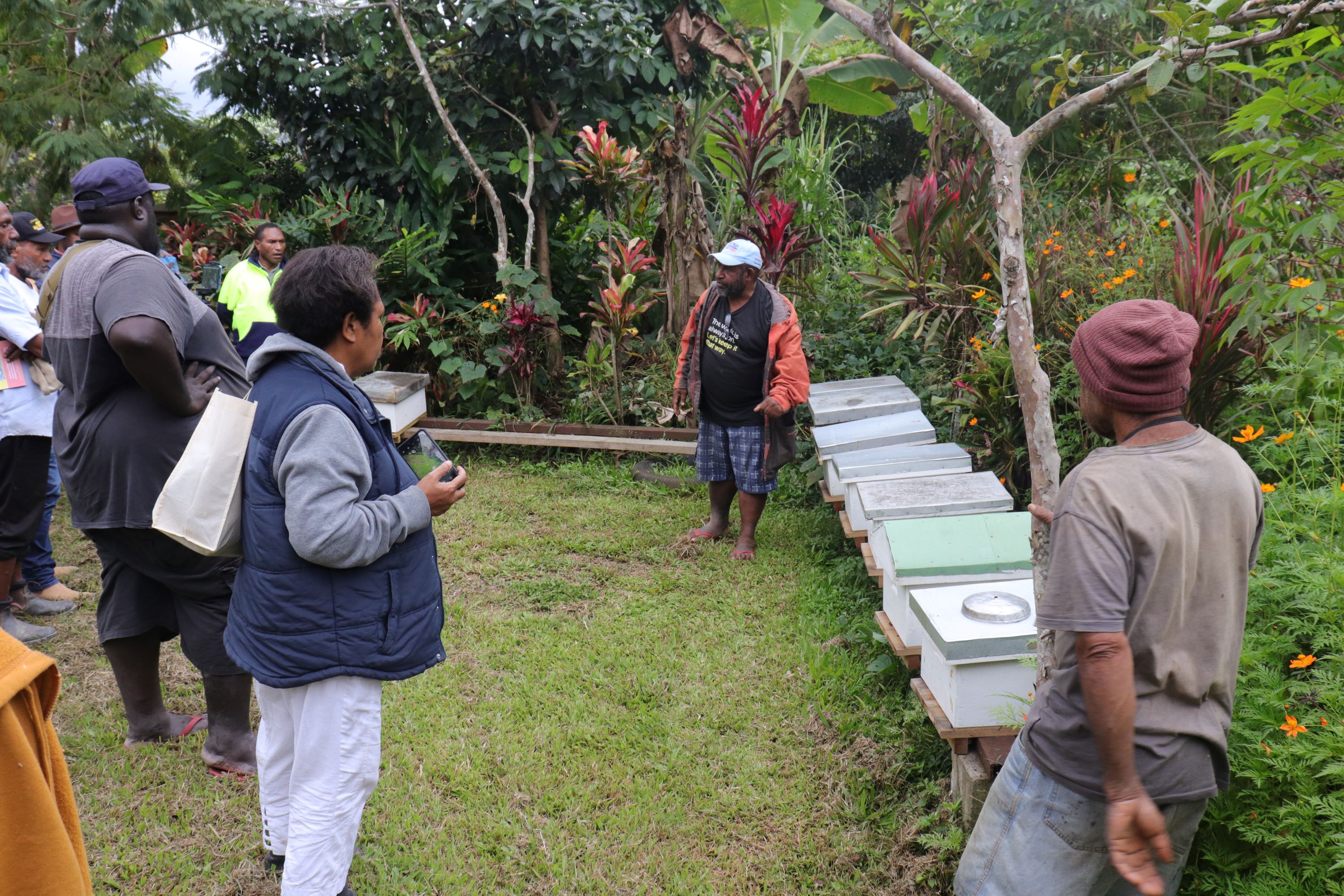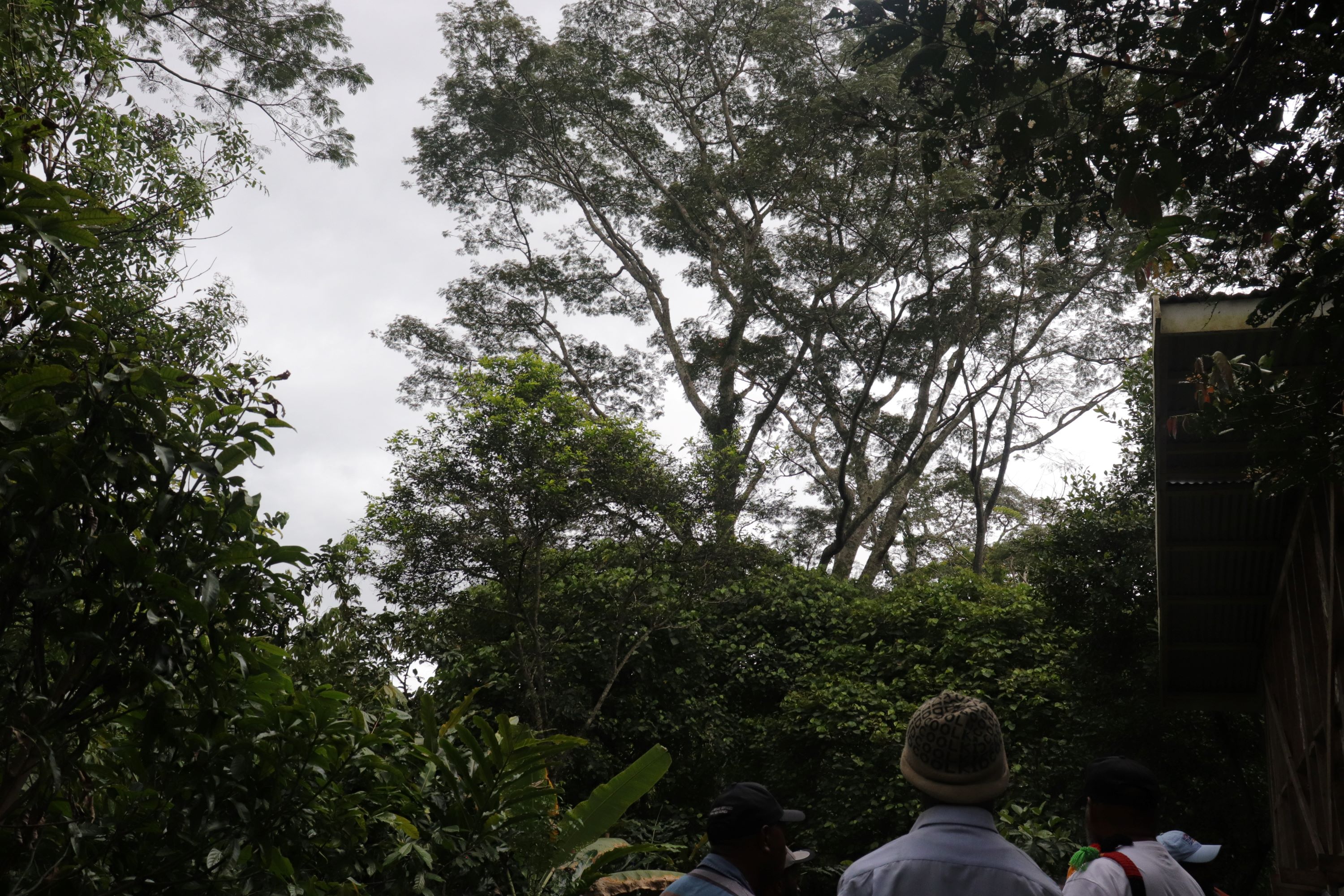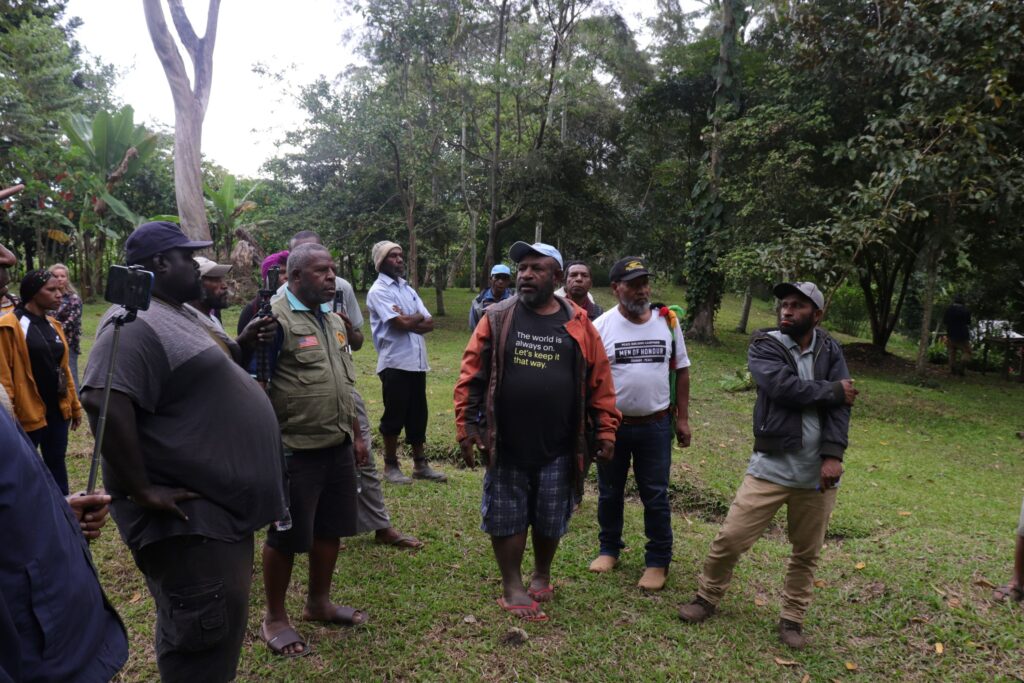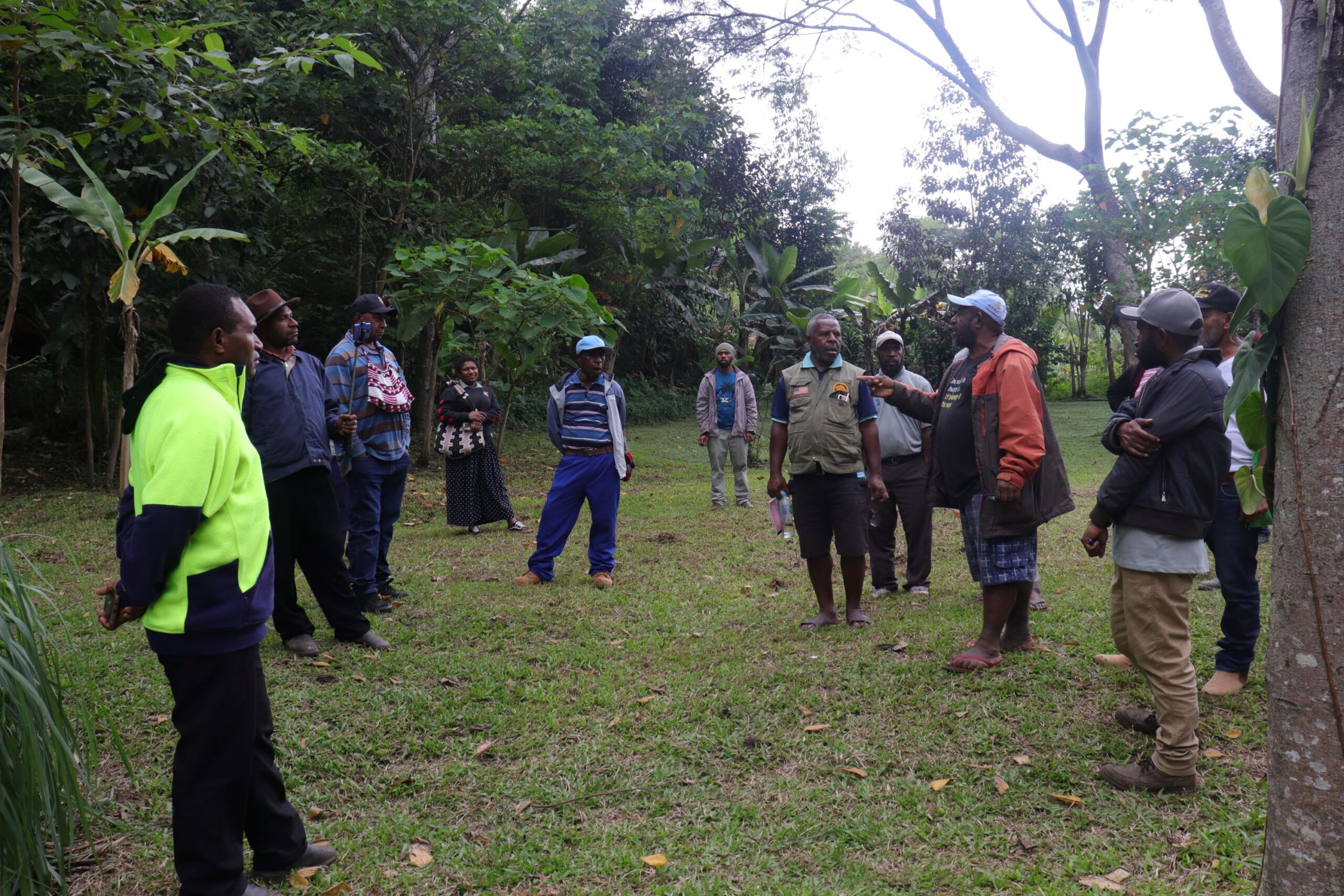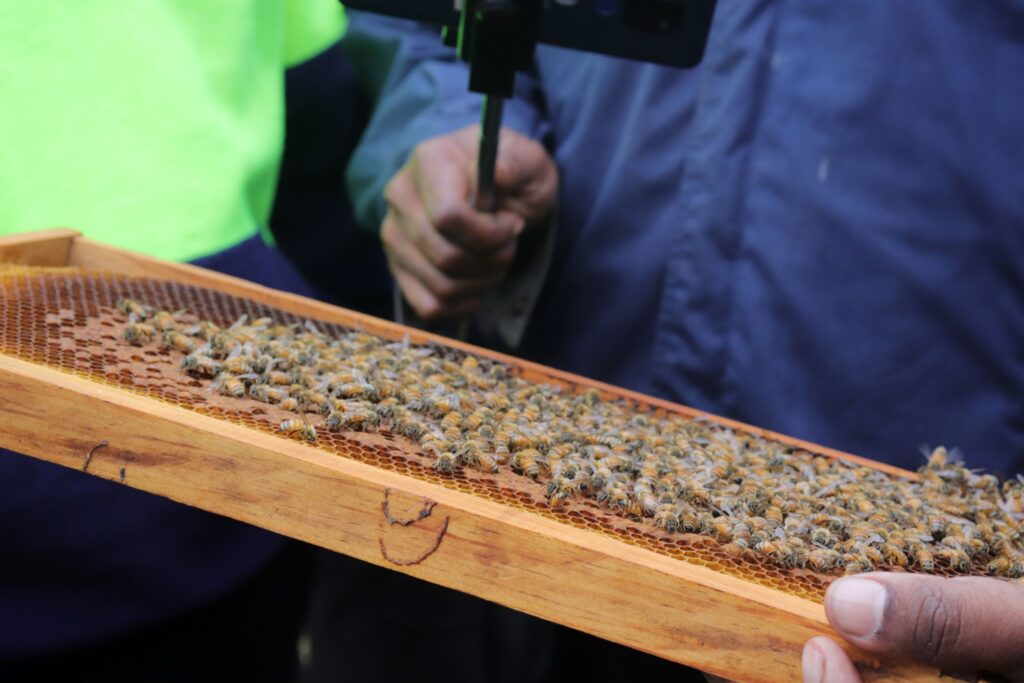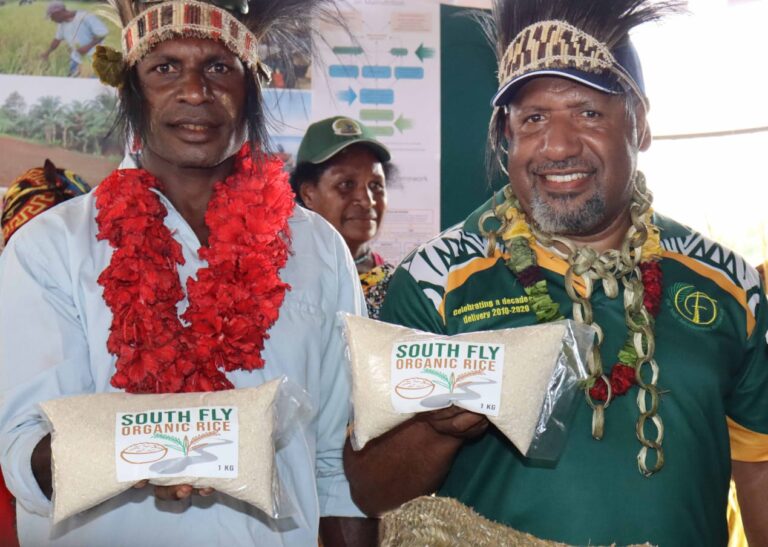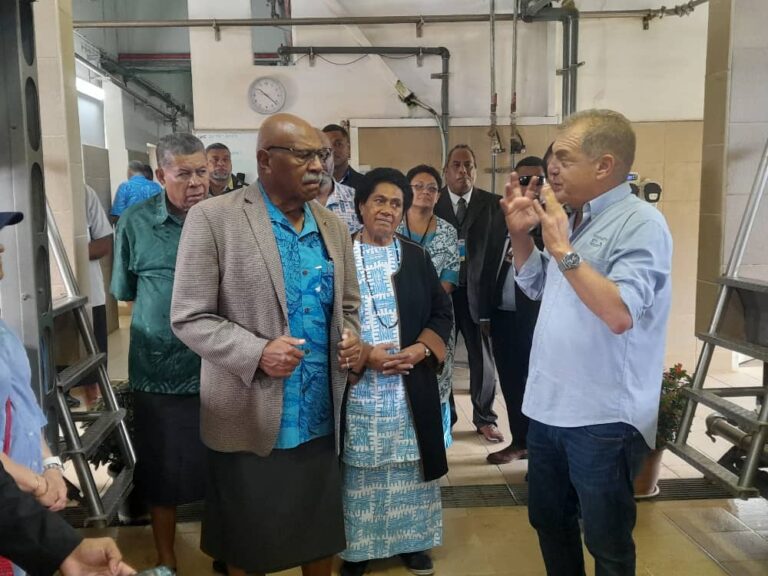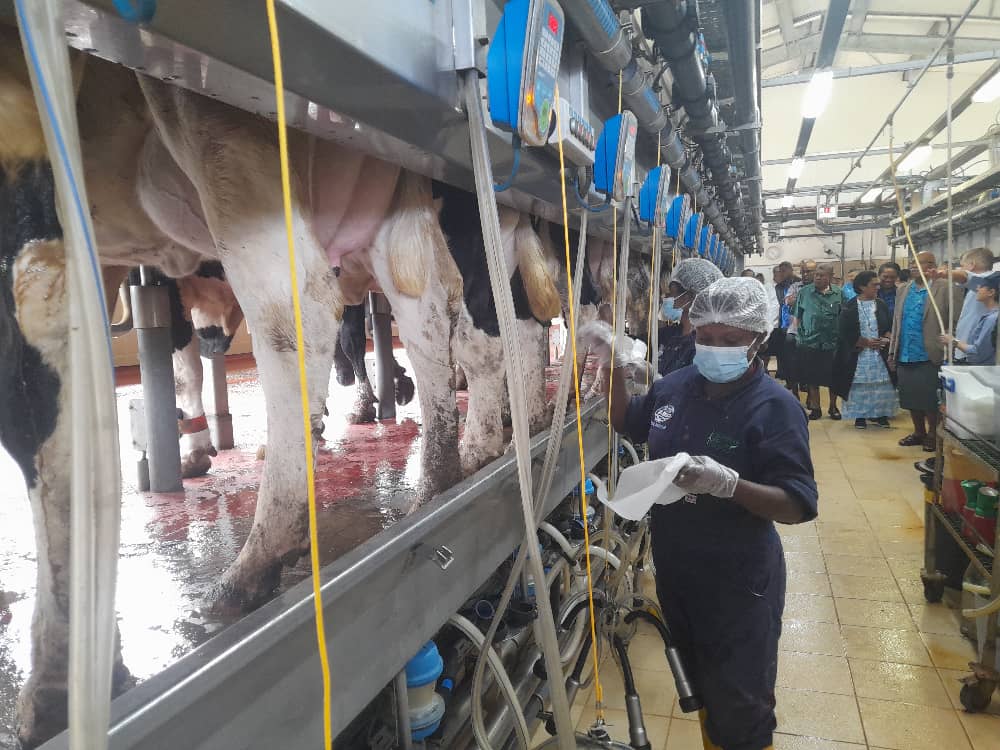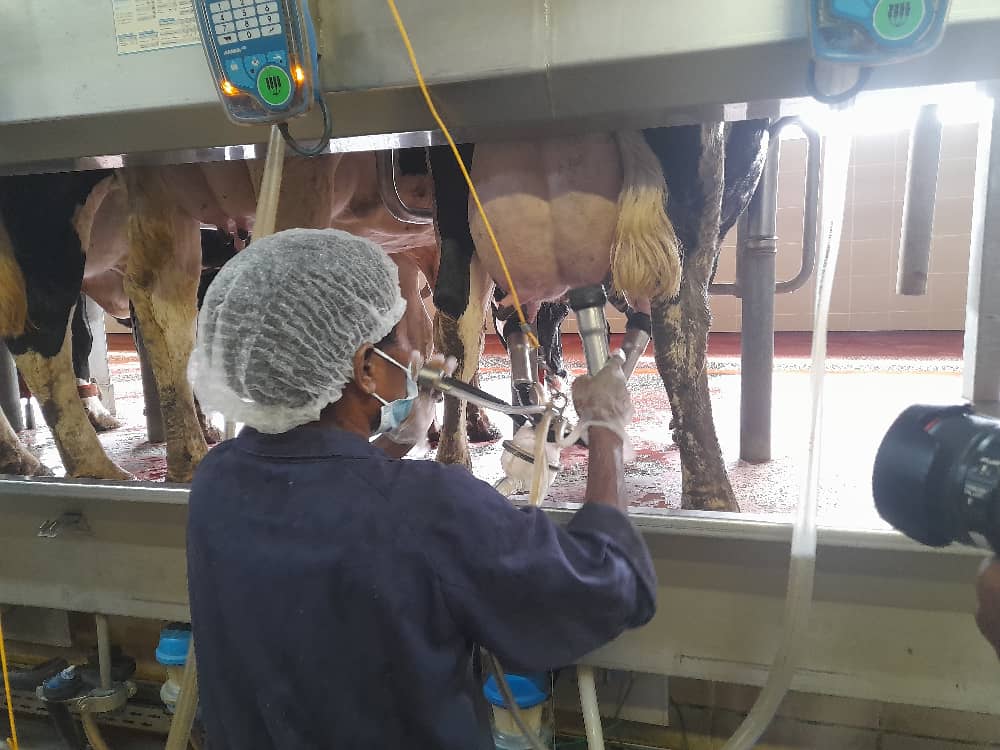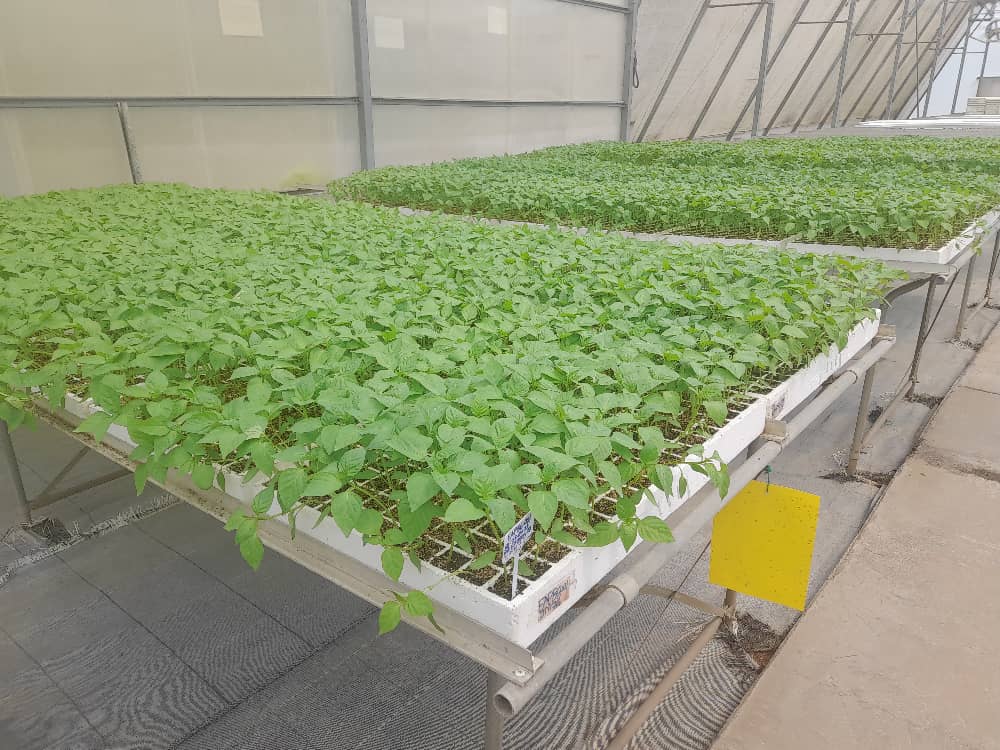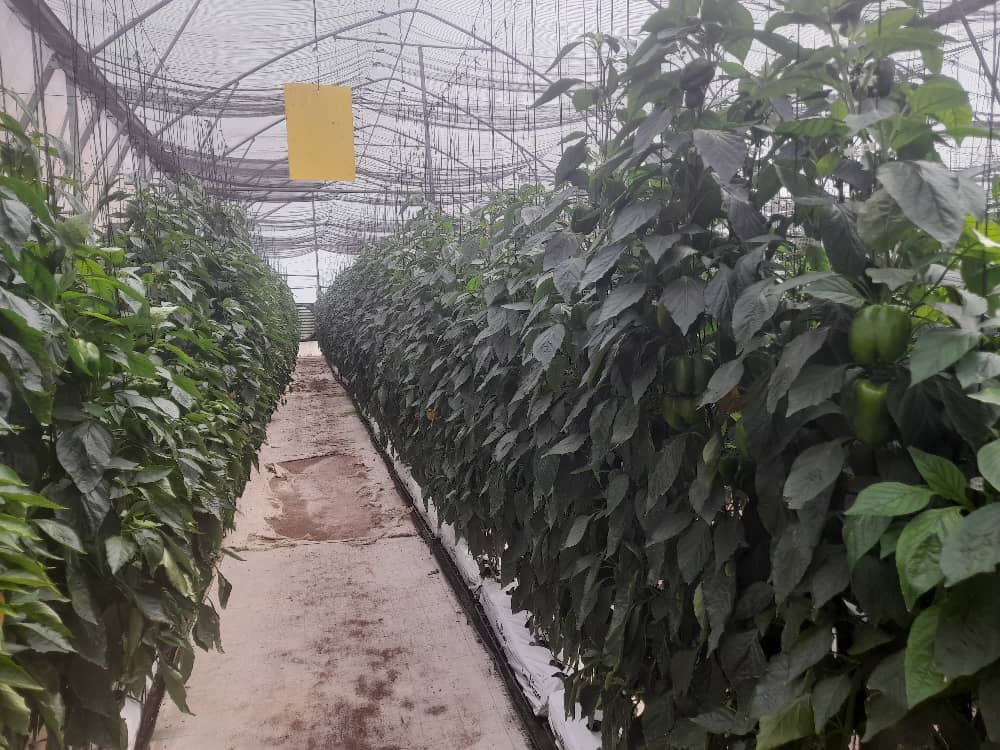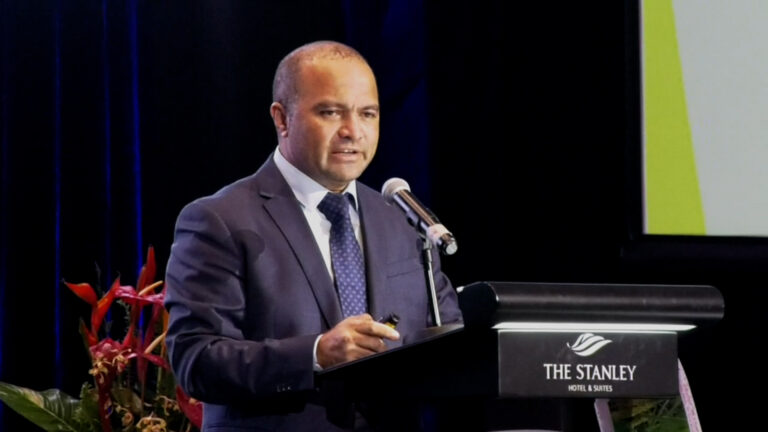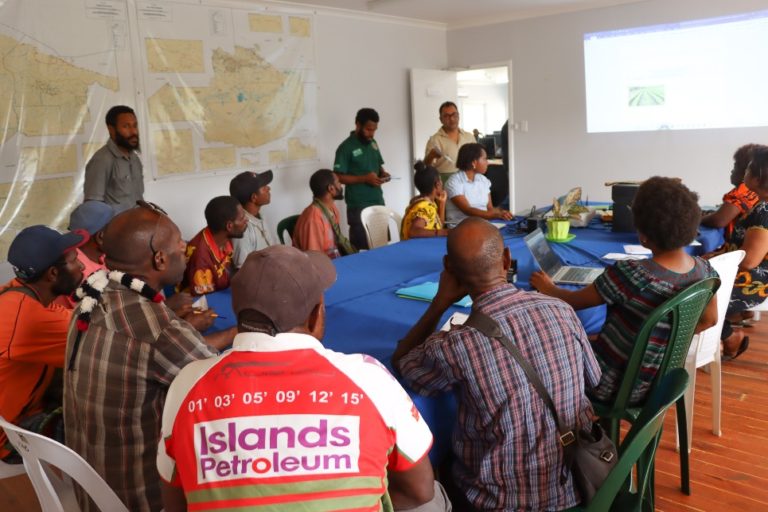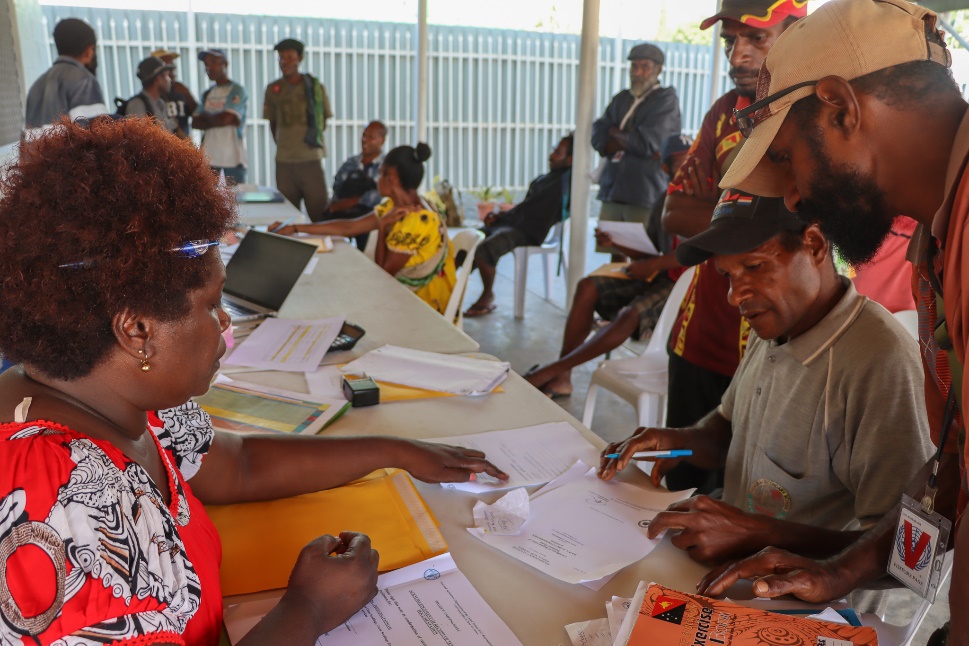38 members of the Kandangapma Women’s Business Group in Angoram took part in a capacity building program conducted through the Food and Agriculture Organization (FAO)-STREIT program.
The group consists of agripreneurs and business minded women, involved in fish processing and marketing, sewing and bilum making.
The first workshop, held in Angoram, centered on topics crucial for the success of MSMEs, like, group dynamics, effective leadership skills, and communication and encourages participants to assume leadership roles.
Assistant Chairlady of Kandangapma Women’s Business Group, Verjulah Mowe said she is now more aware of the different roles and responsibilities of her group members.
“I can now make a clear connection between good leadership and sound communication skills and the success of any group business,” said Mowe.
At the end of the workshop, a FAO-Thiaroye Technique (FTT) site for fish processing (fish smoking) was handed over to the Women’s Business Group.
This capacity-building opportunity had equipped these women entrepreneurs with the skills needed to manage their working capital, including the FTT, more effectively and efficiently as a group.
Patu Shang, the Gender and Youth Inclusion Specialist who took lead in the learning session said such trainings give women insight into management skills.
“When women become economically empowered through MSMEs, they gain a sense of agency, and contribute meaningfully to household incomes, thereby improving food and nutrition security, ultimately leading to a better quality of life,” said Shang.
Related: https://insidepng.com/eu-streit-program-partners-with-agri-enterprises/

